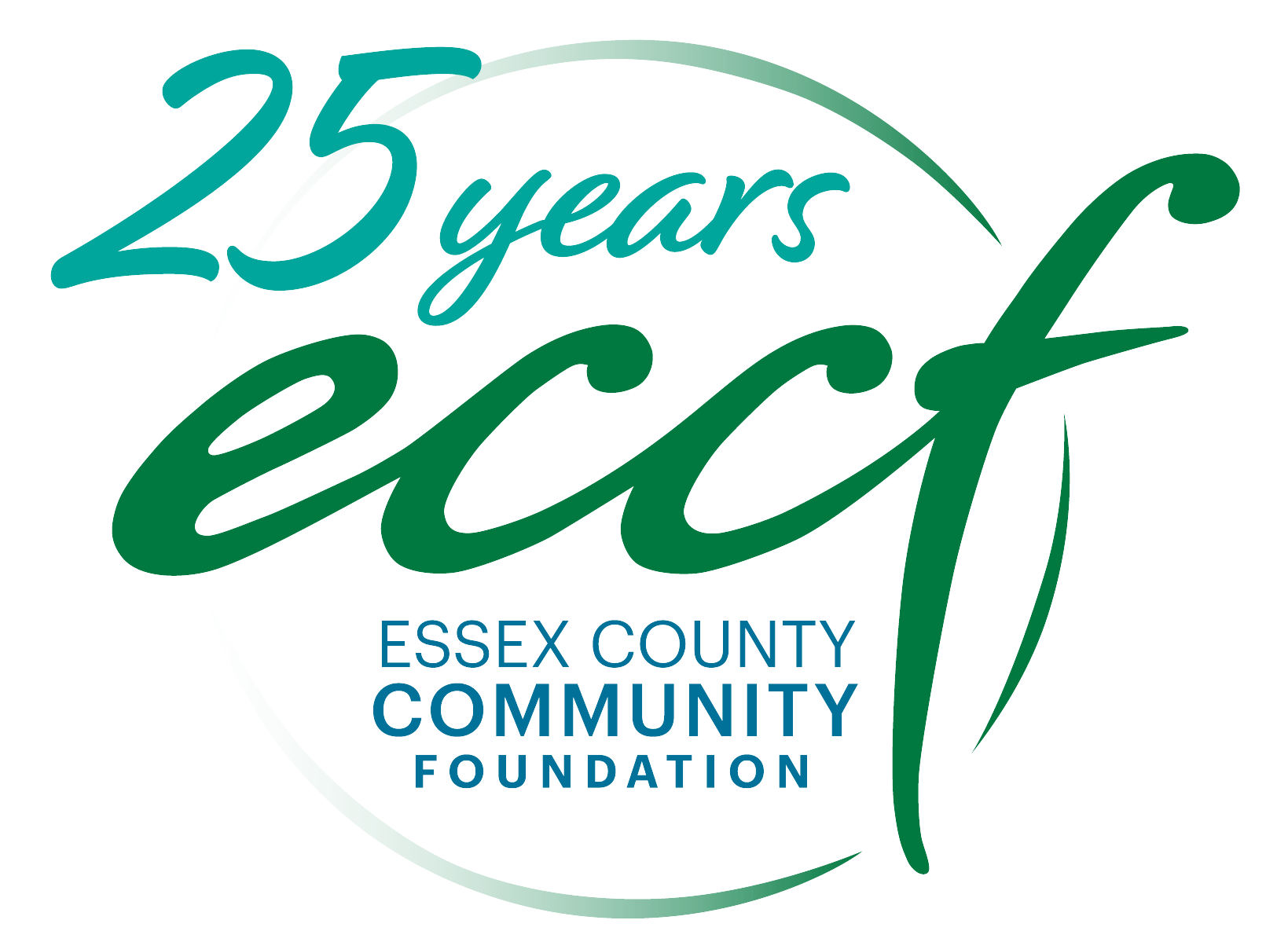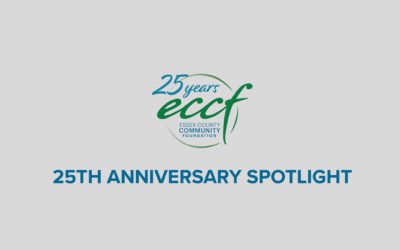Rachel Hatch, COO of Institute for the Future, delivers keynote to kick off the Institute for Trustees
Danvers, MA — In a Zoom room of 160 people, Rachel Hatch, chief operating officer at California-based Institute for the Future, asked everyone to turn off their cameras.
“We’re going to go dark,” she said, and the Zoom room filled with black screens. “What kind of futurist are you?” she asked.
With each choice – Trusted Advisor, Analyst and Synthesizer, Translator or Community Facilitator, which Hatch took a few minutes to explain – faces appeared in their Zoom boxes, giving a visual of the different types of thinkers in the room.
“We want to start to wrap our minds around what type of foresight practitioner you are,” she said.
Nonprofit leaders, whether it’s officially in their job description or not, spend a lot of time trying to predict the future since so many people depend on them for critical, often life-saving services. The mission of Institute for the Future (IFTF) is to help organizations and leaders become future-ready. On March 28, Hatch was on hand for the kickoff of the annual Institute for Trustees (IFT) to help provide a framework for how to think about the future in a way that expands – and doesn’t limit – the possibilities.
“What we want to do in the conversation today is to expand those limits of plausibility and start to think about not only the probable futures, but what are the preferred futures that we might want to steer toward,” she said.
More than a decade before it became our reality, IFTF was researching how a pandemic might play out in the general public. Now, Hatch is encouraging nonprofits to think about the pandemic as a portal: a gateway between one world and the next.
“Futurism is not about navel gazing – you know, thinking about these interesting scenarios just for the sake of it,” said Hatch. “It’s really to be grounded in transformative action. And so today, we’re going to be engaging in a conversation about resilience and transformation.”
It was a fitting topic for the kickoff to this year’s IFT, the region’s largest nonprofit leadership conference – founded by Essex County Community Foundation (ECCF) in 2009 – as organizations continue to build off the incredible and innovative pivots they made during COVID while trying to find space to plan for tomorrow’s obstacles and opportunities.
“We’re passionate about designing a meaningful IFT every year because supporting nonprofits and their leaders with capacity building opportunities is vitally important,” Beth Francis, president and CEO of ECCF, told attendees. “It’s important to the work you do and the impact you have in our communities.”
The 2023 IFT is seeing a record number of registrants – more than 1,300 – thanks to ECCF’s partnership with Berkshire Taconic Community Foundation, SouthCoast Community Foundation and the Community Foundation of Western Massachusetts, organizations that now co-create and co-host the event. Tuesday’s kickoff is being followed by eight weeks of timely, virtual capacity-building workshops designed to support the state’s nonprofits as the sector paves a new path through post-COVID norms.
“We hope the IFT is a chance to take a breath and create time and space for learning that allows us all to think about the future of our organizations,” Francis added.
As we contemplate those futures, Hatch encouraged participants during the kickoff to consider three external forces that are likely to impact the philanthropic sector in the coming years:
- The evolving reality that disaster philanthropy is no longer a niche in the sector, but that “We’re all disaster philanthropists.”
- Equitable Enterprise: What if we could build a more equitable world by building more equitable enterprises that generate community wealth and well-being?
- Reparative Capital: What if we treated money as medicine?
Hatch then introduced a panel of four nonprofit leaders, who talked about the pivots their organizations made during the pandemic, and the ‘signals of change’ we can glean from their innovative work.
“The reason we scan for signals of change is because, as writer Rebecca Solnit puts it, ‘What we dream of is already present in the world,’” said Hatch. “And I think of these panelists as people who are building that future today. They have a dream. They have a preferred future in mind and they’re building it.”
ALLISON CAFFREY is executive director of Root, a Salem-based nonprofit that helps young adults create a pathway to independence through foodservice training and employment.
At the height of the pandemic, Root was forced to shut down programming and found themselves with refrigerators full of food which would go to waste. They arranged with the City of Salem to distribute the food where it was needed most. This collaboration was the start of the organization’s Community Catering Initiative, which helps to meet food insecurity needs across Essex County.
“We’re building a future where young people are involved in solutions to community challenges,” said Caffrey.
PEMA LATSHANG is the founding executive director of Teach Western Mass, a nonprofit that trains effective teachers focused on culturally responsive learning.
In March of 2020, Teach Western Mass was set to start in-person training for their largest cohort of new teachers to date. With the pandemic shutdown, they were forced to go fully remote. Latshang and her team worked with Mursion, a Silicon Valley technology company that helped them implement simulation models for classrooms. “We had the best trained remote teachers in the state,” she said. But today, with fewer people seeking teaching positions, the organization is in the middle of recreating their residency program to meet evolving trends.
“We’re driving toward a future that does not yet exist,” she said. “Educational equity does not yet exist.”
ILANA STEINHAUER is executive director of nonprofit Volunteers in Medicine, which provides access to free, comprehensive health care for those in the Berkshire region who are income-qualified and uninsured or under-insured.
“Our entire world shifted,” said Steinhauer when asked how the pandemic impacted her organization, which is run largely by volunteers over the age of 70. But still, Volunteers in Medicine never shut down. Not only did this allow them to give their patients – mostly uninsured Latino residents – what they need, it also empowered them to expand their work. Steinhauer and her team distributed $600,000 in funding to clients for basic needs like food, housing and other services that impact the social determinants of health. “This kept people from being evicted,” she said.
“We’re committed to a future of human-centered healthcare that works towards systemic health equity,” Steinhauer said.
Peter Walker is a longtime community organizer representing the Doers Lab, a program that opens opportunities for equitable employment in a bustling offshore wind/green energy initiative in the New Bedford area, and The Communal Space, which focuses on spatial justice.
“I’ve always said, ‘I’m a villager, villaging,’” said Walker, who, as a convener, believes that meeting people where they are is the only way to bridge gaps.
In 2020, Walker, who was working with arts and youth empowerment organization 3rd Eye at the time, created a plan to reallocate funding received by his organization to dozens of other under-resourced organizations in the New Bedford area to help build more widespread capacity. “We worked with different organizations to use our platform to help them sustain their means through a virtual platform as well because a lot of these organizations don’t have that tech-savvy side all the time to be able to use the virtual platforms, so we offered our skill set and our resources to make sure that happened. Once again, once you hit a situation like a pandemic, it’s amazing how quickly the village mentality comes back and we have to hold each other up.”
Today, Walker works with the Doers Lab and The Communal Space to bridge gaps between varied stakeholders to ensure that all residents have equal economic opportunities.
“If there’s a future I feel like I am building, I feel like I’m trying to chop away at building the future of conscious capitalism,” he said.
Carol Lavoie Schuster, ECCF’s vice president for programs and nonprofit services, closed the keynote session by emphasizing the incredible work being done by nonprofits over the last three years.
“It’s really important for all of us to honor the many pivots and celebrate the work of the sector, and I think over and over to Peter’s point that it’s important to act as one village,” she said.


